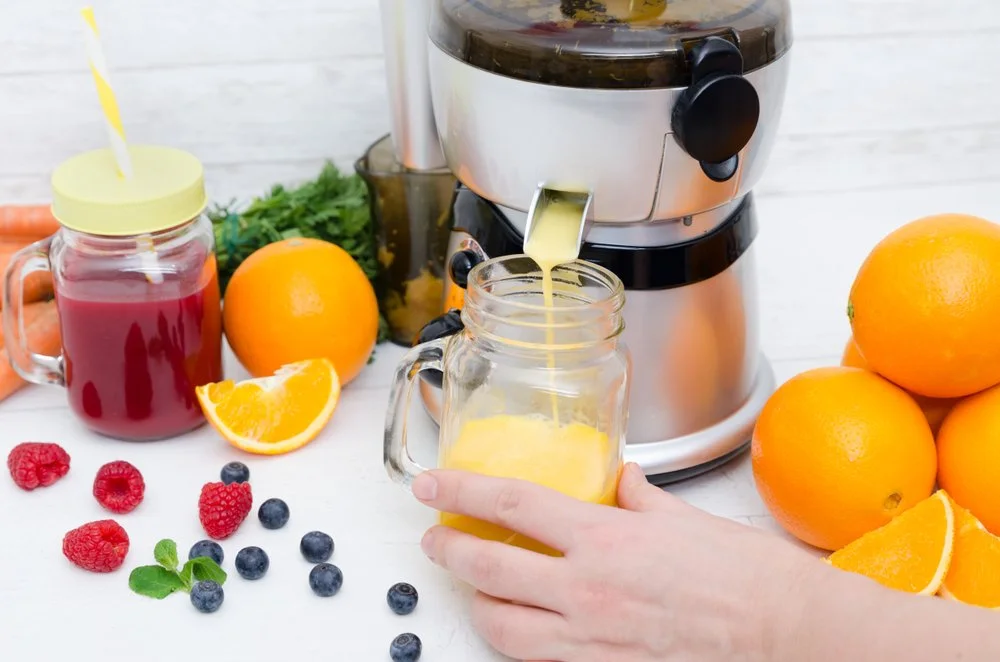Kombucha is one of the many health-oriented beverages we offer at Earthtone Natural Kitchen. Kombucha has been around for many years, but it has recently become a more popular drink for individuals looking to boost their overall nutrition and gut health. There are many health benefits to drinking kombucha, so we will be discussing these benefits so that you can be more informed on how you’ll be helping yourself when you come in for one.
The many amazing benefits of drinking kombucha (regularly)
Aids digestion because it is full of antioxidants, probiotics, and live bacteria to promote optimal gut health
Boosts the health of intestinal cells
Prevents constipation and cleanses the colon
Reduces belly fat and inflammation
Reduces excess gas and bloating
Aids in weight loss if that is a current goal of yours
Rids your body of various toxins that it may already be trying to get rid of
Significantly boosts energy levels to become more efficient when working physically or mentally
Boost your immune system, making it harder to get sick or acquire illnesses
Can help to fight off various infections like the common cold, sinus infections, or the flu
Can be used to treat bronchitis
Detoxifies the body, ultimately helping out the liver and kidneys
Helps to prevent high blood pressure
Prevents high blood sugar levels
Helps to prevent heart disease
Prevents high cholesterol from developing
Prevents acid reflux and helps it go away
Prevents cancer from developing inside the body
Improves overall skin hydration
May improve sleep
Can enhance hair growth, heals dandruff, and prevents hair loss
Prevents pain from arthritis
Can decrease the severity of allergies
Can be used to treat asthma
Can ensure a healthy gallbladder
Packed with Vitamin B
It is available in many flavors and can be found in most grocery stores (especially health-conscious ones)
Now that you are aware of all of the amazing benefits that drinking kombucha has to offer, you’re probably asking yourself why you haven’t been drinking it on a daily basis (if you haven’t been already). It is truly incredible how many bodily issues that kombucha can help with. If you are currently experiencing any of the issues listed above, then trying out kombucha may be the next step for you to take to begin improving your overall health so that you can become more physically fit and mentally clear to take on each day with your best self.
If you have any questions or if you would like to know more about the kombucha we offer, please contact us!


